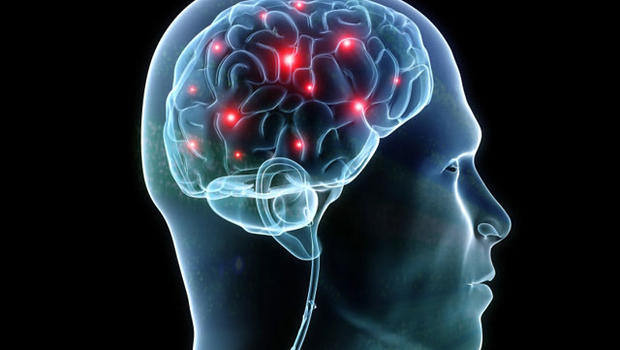A new drug found to protect against memory loss, nerve damage and other symptoms of Alzheimer’s disease
A new drug, called BPN14770 deters the effects of amyloid beta, a hallmark protein of Alzheimer’s that is toxic to nerve cells, as per data from preclinical research.
Recent studies find Alzheimer’s may develop without dementia in nearly 25% of healthy 80-year-old patients, suggesting the body may turn to compensatory mechanisms to maintain the nervous system. BPN14770, could help activate these mechanisms that support nerve health and prevent dementia, even with the progression of Alzheimer’s.
“Such observations imply that Alzheimer’s pathology can be tolerated by the brain to some extent due to compensatory mechanisms operating at the cellular and synaptic levels,” said Ying Xu, MD, PhD, co-lead investigator and research associate professor in the UB School of Pharmacy and Pharmaceutical Sciences.
Tetra Therapeutics is conducting Phase 2 clinical trials of BPN14770 in patients with early Alzheimer’s and adults with Fragile X syndrome, a genetic disorder that causes intellectual and developmental disabilities
“Our new research suggests that BPN14770 may be capable of activating multiple biological mechanisms that protect the brain from memory deficits, neuronal damage and biochemical impairments,” he added.
The study was published in the Journal of Pharmacology and Experimental Therapeutics.
Tetra Therapeutics is conducting Phase 2 clinical trials of BPN14770 in patients with early Alzheimer’s and adults with Fragile X syndrome, a genetic disorder that causes intellectual and developmental disabilities.
Results of previous Phase 1 studies in healthy elderly volunteers suggest the drug benefits working, or immediate, memory. Animal studies found that BPN14770 has the potential to promote the maturation of connections between neurons, which are impaired in patients with Fragile X syndrome, as well as protect these connections, which are lost in patients with Alzheimer’s.
Phase 2 clinical trial of BPN14770 in underway in 255 patients with early Alzheimer’s disease, and early results are expected by mid-2020, said Mark E. Gurney, PhD, chairman and chief executive officer of Tetra Therapeutics.


